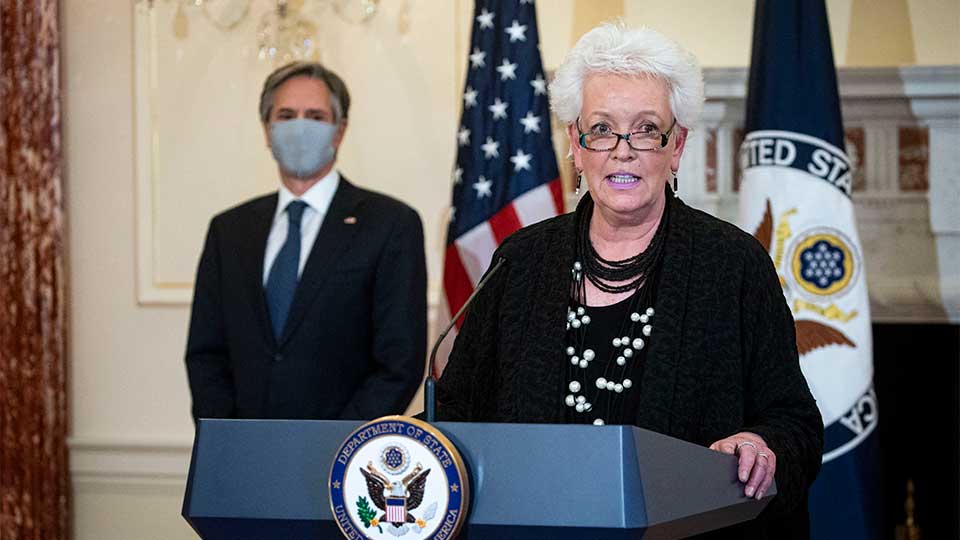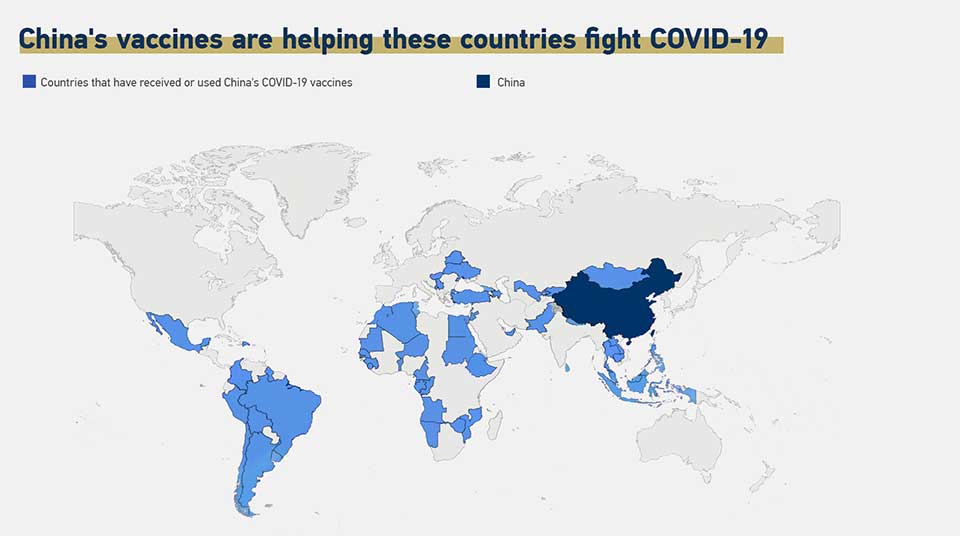Chinese pharmaceutical companies have finalized production licensing agreements with seven countries around the world that will enable the production of just under 600 million COVID-19 vaccine doses every year, according to data from Bridge.
Bridge notes that at this point the manufacturing process is quite simple, with these production facilities largely re-packaging bulk quantities of vaccine ingredients imported from China, rather than making any vaccines from scratch.























